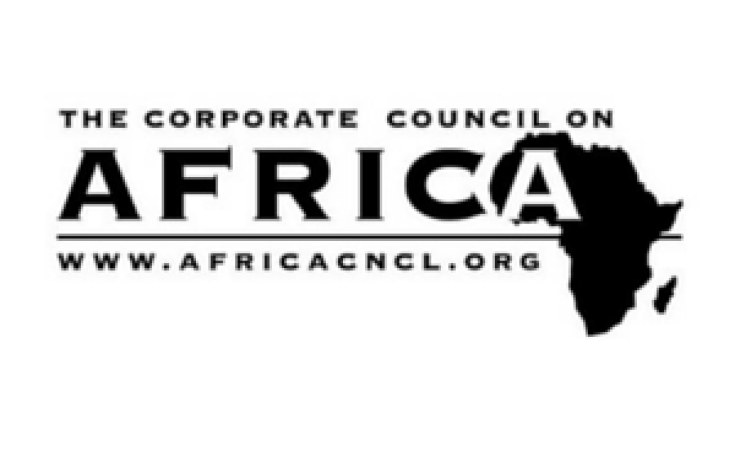Philadelphia, United States — "Assistance doesn't mean charity" say participants from Africa attending the Corporate Council for Africa's U.S.- Africa Business Summit. "It means investment."
Six hundred of the approximately 1,500 people attending the Summit are African businessmen. Another 100 are African trade and finance ministers. The Presidents of the Democratic Republic of the Congo and Algeria are participating as well as four Prime Ministers. A half dozen other presidents were slated to attend but cancelled when the Summit was rescheduled after the terrorists attacks on the World Trade Center and the Pentagon.
"We want joint ventures with U.S. business," said the Director General of Madagascar's Hotel Le Glacier Group, who wants to expand into ecotourism. The world's creep toward recession is a problem, he acknowledges, "but after a bad patch there is always a good patch." He came to Philadelphia to network, and if possible, nail down some deals. "The sheer fact that a meeting like this is being held in the United States encourages us."
The Summit - the largest gathering of African leaders ever to convene on American soil (outside of the United Nations) - was organized by the Corporate Council on Africa (CCA), a private-sector organization established in 1992, that seeks strengthened trade and investment ties between the U.S. and Africa. More than 190 American companies make up the CCA, representing approximately 85 percent of total U.S. private sector investments in Africa.
This is the third CCA Summit. "Africa is going to require far more intensity than may be normal," says CCA President Stephen Hayes. "I think we're going to have to work at it a lot harder. Africa is seen still - somewhat unfairly - as a high-risk venture by most businesses in this country."
Hayes says that small and medium-sized businesses are especially crucial: "The African businesspeople are coming to do business, net partnerships. The American businesspeople need reliable, trustworthy partners in Africa if they are going to be able to do business, particularly middle-sized and small businesses. The future of African development is more dependent on small and medium-sized businesses than the large corporate presence."
About a third of the Summit agenda focuses on ways and means for small businesses in Africa and the United States to take advantage of trade opportunities. "A lot of small and medium-sized businesses don't need a million dollars; they need less. Ironically, it's harder to get that money than large grants," says Hayes.
HIV/Aids and the African Growth and Opportunity Act (AGOA), enacted into law last May, also form a large part of the discussion in Philadelphia. And if AGOA has been enthusiastically embraced here as important in opening the door of U.S.-Africa partnership a little wider, the devastating effect of HIV/Aids also hovers over the conference as a threat to even the best laid plans.
Another key concern at the Summit is regional integration. The fact of a global economy requires a regional approach, most participants believe. Pointing to "the systematic destruction and waste of resources" because of war in his country, DR Congo's President, Joseph Kabila, speaking to a luncheon audience, described the region as "marginalized".
"We are at a competitive disadvantage," says the Governor of the Central Bank of Congo, Jean-Claude Masangu, acknowledging that his war-torn, but resource-rich, country will need greater muscle to attract the investment that Congo needs. "We have stabilized the economy, broken inflation, stabilized the currency. We did that! But that does not bring economic investment."
Civil conflict, and the attendant regional instability, are part of the reason for investor reluctance and the marginalization of many potentially important economic regions, participants here acknowledge. There must be an end to war if there is to be any progress. "There are two sides," says the DRC's Masangu. "One is the peace process and then there is economic reform. They are linked. So, when we do have peace, if we have been making reforms a lot of the groundwork will have been done and we can go to reconstruction."
Ironically, Congo - for decades, a symbol of all that is difficult and wrong with African governments - is emerging at this Summit as a tentative example of what might be possible. "If these really are his thoughts," commented one participant after listening to Kabila's remarks, "they're worth thinking about."


